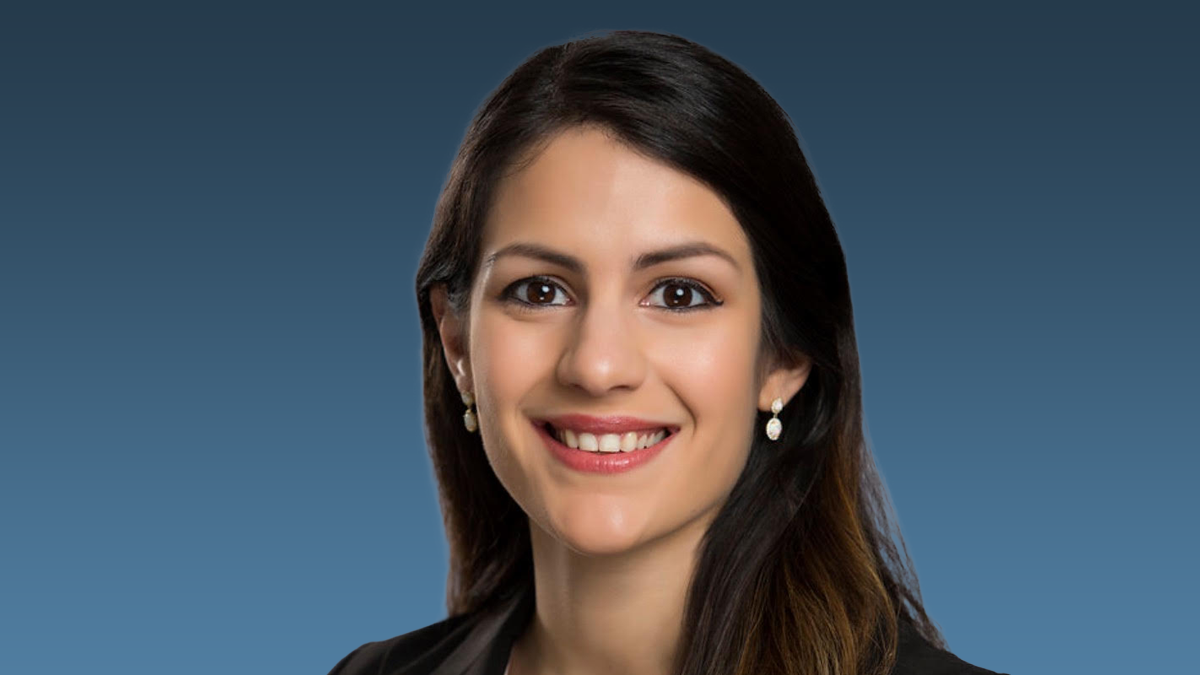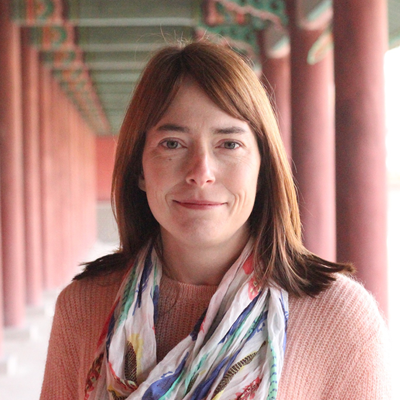Last Updated on June 22, 2022 by Laura Turner
Dr. Jossie Carreras Tartak is a physician currently completing her residency in Emergency Medicine at Boston’s Massachusetts General Hospital. A native of Puerto Rico, she attended New York University’s Stern School of Business as an undergraduate and then attended the University of Pennsylvania for medical school. While in medical school, she also completed a Master’s in Business Administration at the Wharton School of Business. She took time out of her busy schedule to talk to Student Doctor Network about her path to medicine.
When did you decide to pursue becoming a physician?
I was a freshman at NYU’s Stern School of Business when I realized I wanted to impact people’s lives in a more direct and personal way. I offered to volunteer with an organization that flew physicians abroad to perform surgeries in countries where they weren’t available. When I offered to serve as their Spanish interpreter, they told me that what they really needed was physicians. I had an epiphany and decided I wanted to be a doctor. I became a pre-med student the next day.
Did you have any healthcare role models growing up? How did this individual impact your pursuit of/passion for healthcare?
My father is an anesthesiologist in Puerto Rico. Being a physician there is challenging because our healthcare system is very resource-depleted. Physicians make a fraction of what they earn in the United States while working twice the hours and have limited resources to care for their patients. My father actually joked that whatever I did with my life, I should never become a doctor.
I, however, grew up admiring his dedication to his patient and his ability to wake up after two hours of sleep to drive back to the hospital to save a critically ill patient. Therefore, while I didn’t grow up wanting to be a physician, when the time came to choose that profession, I felt proud of myself for following my father’s footsteps and knowing the sacrifices that would come with that choice.
What did your path to becoming a healthcare professional look like?
Since I was already enrolled in business school, I used my elective credits to enroll in pre-med courses. I stayed in business school because I saw the value of applying strong managerial practices within the medical field and was already envisioning a career in healthcare management. I was scared that my non-traditional background would be adversely seen by medical schools, but it was actually valued. In fact, over half of my medical school class came from a non-traditional background, as defined by either having switched careers or having taken time off between college and medical school (which I also did given I decided to be a pre-med student after freshman year).
I also found that most medical schools are supportive of their students’ interests beyond medical practice, many offering dual degrees and other opportunities to pursue passions outside of clinical care. I went to medical school at the University of Pennsylvania, where I was also able to complete an MBA at The Wharton School. It was a life-changing experience that allowed me time to work on my leadership skills and launch my career as a healthcare administrator.
What challenges did you face pursuing your healthcare career choice?
Medical school admissions are increasingly competitive, and the demands on pre-med students are constantly increasing. During college, it was hard to balance the pre-med coursework with the business school curriculum and to excel at both, all while pursuing extra-curricular activities like research and volunteer work. The same can be said for medical school, where we’re expected to excel in our standardized tests, build our research portfolio, and get good grades in our clinical rotations to get into a competitive residency. I think medical schools are realizing this, which is why many of them are moving away from grades and switching to a pass-fail system and prioritizing qualitative evaluations–something to think about if you’re applying!
What resources did you use to help you pursue your dream?
My family and friends are the greatest sources of support. Whenever I doubted myself, I would reach out to them for encouragement, and I still do. In terms of navigating medical school applications, I unfortunately didn’t have many mentors given that I was in business school. NYU had an academic center for proofreading documents, so an English major reviewed my personal statement, which made a tangible difference in my application. I also had faculty members and classmates review my personal statement for residency. For test prep, I used the standard question banks and sample exams offered by the test companies (for both the MCAT and the Steps). I didn’t have the resources to enroll in formal test prep courses, so I self-studied for all standardized tests.
What would you do differently, knowing what you do now?
I would’ve focused on pursuing projects that truly made me happy rather than focusing on checking all the boxes to look good on my application. I would have also slept more. 🙂
What advice would you give students in a similar situation?
My word of advice for both pre-med and medical students: Prioritize your happiness. Don’t pursue projects for the sake of filling a gap in your resume. Most of the projects I undertook to fill some gap in my resume ended up not being worth the time and effort. Don’t feel like you need to be good at everything or check all the boxes. Instead, find out what you’re passionate about and pursue that passion deeply. It’s not about having many projects; it’s about showing that you can commit to the things that you care about and have a meaningful impact.
What does your typical day look like?
The cool thing about emergency medicine is that there is no “routine”. You never know what you’re going to get. My shift usually starts by getting sign-out on patients that are being cared for other residents or PAs who are about to end their shift. I look at the board and start seeing new patients. I quickly review their charts beforehand to get a better sense of what questions to ask them and what life-threatening illnesses I want to rule out. Sometimes, I don’t get the luxury of looking at their charts because they roll into the emergency department critically ill. Sometimes patients need to be intubated urgently. Sometimes there is a trauma patient with large hemothorax that needs a stat chest tube. Sometimes the patient arrives in cardiac arrest, and we’re taking turns to do chest compressions.
Emergency medicine forces you to be creative and constantly prioritize tasks to make sure that all patients are getting the care they need. It’s a hectic environment, but at the end of the day, I go home feeling fulfilled that I helped people who may have otherwise not received any care, such as uninsured patients, homeless patients, and undocumented immigrants. I also derive much of my satisfaction from helping Spanish-speaking patients get the care they need. To be understood in your own language and to have somebody who understands your culture helps build trust in the medical system and leads to better health outcomes. I am glad that I can provide that for some of the most vulnerable populations in our country.
Thank you to Dr. Jossie Carreras Tartak for taking the time to speak with us!


